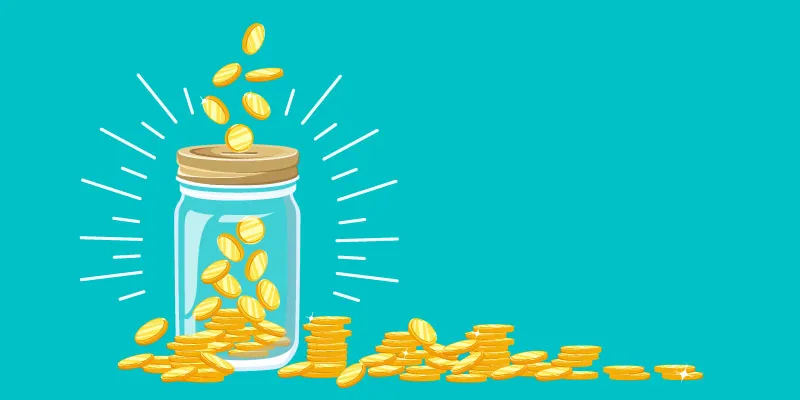How to take control of your savings and expenses
You decide your own destiny. This applies to your expenses as well. While at times your salary and earnings are really not under your control, your expenses surely are.
Measuring how much you have been spending on a daily basis can be a cumbersome task, sometimes even scary. Often people have splurged irrationally throughout the month only to find themselves opening their eyes to some really heart-breaking figures at the end of the month. Where did all the money go? Is there an invisible money snatcher at home? Or were you just careless? These thoughts and assumptions are so common. However, one has to do a reality check each month to verify one’s expenses. Are you spending more than you are earning? Do you have a backup plan? If yes, then how do you go about it? Is it sustainable in the long run?

Image : shutterstock
You might be earning that six-digit figure that your friends envy you for, but at the end of the day, your friends might be the ones who are saving up more for a rainy day. It’s time to keep track of your financial habits and at the same time be practical.
Stick to your plan
Once you have decided to get started, promise yourself that you will stick to your plan. This will be an eye-opener for you. Start by keeping a monthly spreadsheet. Track your expenses from day one on a daily basis. An income and expenditure page should be maintained in your spreadsheet.
Check receipts and online expenditure
Maybe you haven’t been maintaining your receipts till the end of the month. If not, then start doing it right away! At the end of the month you will have proof of where the money went. Besides your receipts, also check your online expenditure, credit, and debit card transactions. This will give you a clear idea of your spending.
Do your earnings and expenditure tally?
Do your expenses override your earnings? If so, it’s a warning signal to slow down. If you have been exhausting your credit card limit at the end of the month, then chances are that your wants are overlapping with your needs. It’s time to buck up!
Use apps
Several money tracking apps can help make your experience a lot easier. There are apps that help you keep online accounts and also get alerted about due-dates.
Think about your goals
Once you have checked all of these, look into your long term goals. Do you want to invest, save for a house, buy a car, or travel the world? Once you have the answers in place, you can start planning to save.
Tracking your expenditure and keeping a plan at hand is important if you do not want to face a financial threat in the future. It is as important as looking after one’s job and trying to earn that extra buck. After all, it’s your hard earned money, you need to maintain it.







